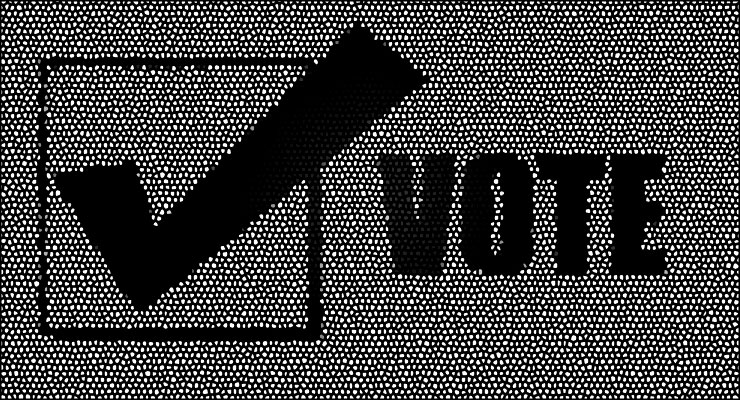
Yesterday, a U.S. District Court located struck down a Kansas law that the state passed in 2011. The law had required everyone who registered to vote to produce documentation on their U.S. citizenship. Another court had also ruled the law enjoined before, stalling its implementation. The latest ruling means the law will not be in effect for the 2018 midterm elections or other state and local votes.
Ballot Access News, an outlet run by election expert Richard Winger, had more information saying the law “was not in effect for individuals who use the federal voter registration postcard form. The decision in Fish v Kobach, 1:16cv-2105, is here and is 118 pages long. Much of it discusses the various witnesses on each side. The judge in this case, Julie A. Robinson, is a Bush Jr. appointee.”
According to a New York Times article by Julie Bosman, “The ruling was a blow to Mr. [Kris W.] Kobach, a Republican who has emerged as a national figure on voting limits, a candidate for governor of Kansas and an ally of President Trump in part by claiming that large numbers of noncitizens have cast ballots in American elections.”
Kobach has been a leading figure in Republican efforts to block a certain kind of voter fraud that rarely happens. In fact, an in-depth report by the well-respected Brennan Center for Justice at New York University School of Law “reviewed elections that had been meticulously studied for voter fraud, and found incident rates between 0.0003 percent and 0.0025 percent”. The court ruling today was damning for Kobach and it went so far as to slam Kobach for a constantly questionable pattern of behavior at trial:
The disclosure violations set forth above document a pattern and practice by Defendant of flaunting disclosure and discovery rules that are designed to prevent prejudice and surprise at trial. The Court ruled on each disclosure issue as it arose, but given the repeated instances involved, and the fact that Defendant resisted the Court’s rulings by continuing to try to introduce such evidence after exclusion, the Court finds that further sanctions are appropriate under Rule 37(c)(1), which permits, in addition to exclusion of the evidence, “other appropriate sanctions.”
It is not clear to the Court whether Defendant repeatedly failed to meet his disclosure obligations intentionally or due to his unfamiliarity with the federal rules. Therefore, the Court finds that an additional sanction is appropriate in the form of Continuing Legal Education. Defendant chose to represent his own office in this matter, and as such, had a duty to familiarize himself with the governing rules of procedure, and to ensure as the lead attorney on this case that his discovery obligations were satisfied despite his many duties as a busy public servant.
As a result the court ordered Kobach to go back to school:
IT IS FURTHER ORDERED that Defendant shall attend 6 hours in addition to any other CLE education required by his law license for the 2018-2019 reporting year. The additional CLE must pertain to federal or Kansas civil rules of procedure or evidence. Defendant shall file a certification with this Court before the end of the reporting period on June 30, 2019, certifying that this CLE requirement has been met. This sanction is imposed under Fed. R. Civ. P. 37(c)(1) for the disclosure violations identified in this Order under Rule 26(a) and (e). IT IS SO ORDERED.
David Anderson says
Thank goodness it was struck down.
What a fucking outrage.